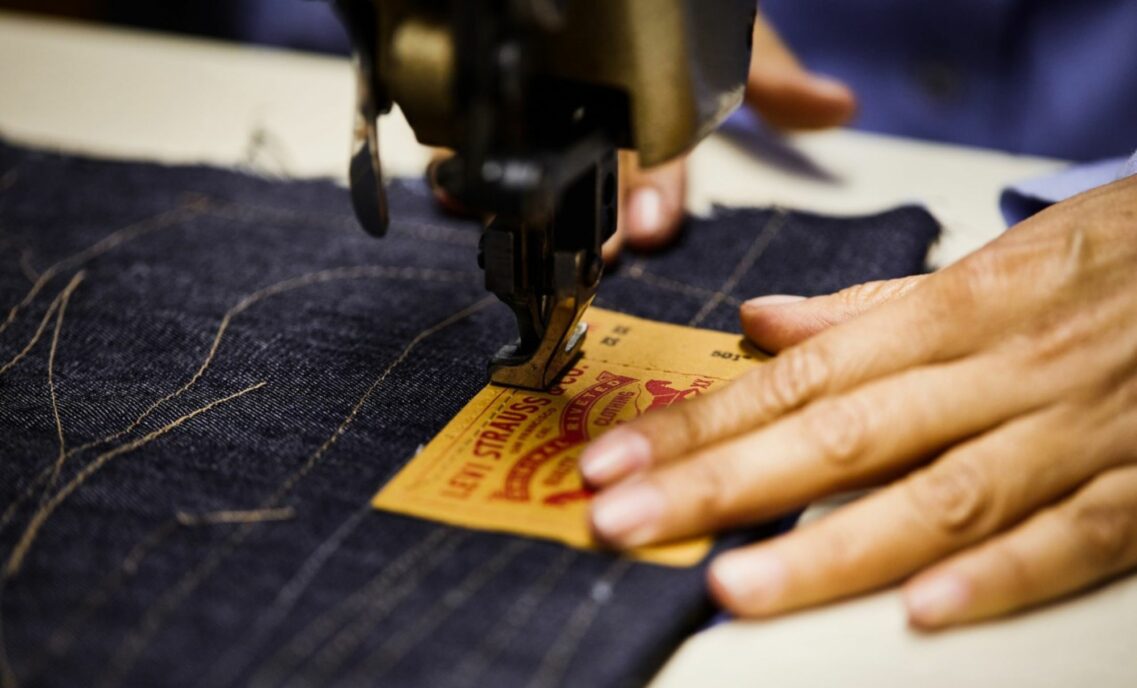Earlier this week, the Corporate Information Transparency Index (CITI) released their rankings of companies leading the way on transparency and supply chain practices in China. For the second consecutive year, Levi Strauss & Co. was the top ranked apparel company on the list, ranking third overall behind only Apple and Dell. We spoke with Michael Kobori, VP of Sustainability at LS&Co. to get a better sense of what this means.
What are these rankings all about?
Well, it’s great to be recognized in this way for our efforts to help the vendors we work with in China address pressing environmental issues. The rankings are released by CITI and are based on work done by the Institute of Public and Environmental Affairs (IPE), the leading environmental non-governmental organization in China which monitors corporate environmental performance across the country.
IPE is headed by Ma Jun, a past recipient of the Goldman Environmental Prize, who has become the authority on issues related to corporate transparency and environmental impact in the country. Produced in conjunction with the National Resources Defense Council (NRDC), IPE’s rankings offer a very credible and informed assessment of the supply chain landscape.
Why is this important?
China is a country that has been and will continue to be critical for both manufacturing and the ongoing evolution – and hopefully betterment – of corporate environmental performance. These rankings, and the work that IPE and CITI do more generally, are pushing companies to be more transparent and accountable. The IPE website reaches millions of consumers in China, along with government officials and companies. Its shows factory locations, along with their brand affiliations, and rates them on whether or not they meet prevailing environmental standards.
It’s extraordinary that this information is available online to consumers, citizens, and companies working in the country, especially now that pollution is such a prevalent issue in China and there’s more scrutiny, as there should be, of supply chain management globally. All of this has rightfully raised the pressure on corporations operating in China, through their own facilities or through vendors, to ensure greater transparency and better performance.
Looking forward, what are Levi Strauss & Co.’s supply chain management priorities in China?
We are ramping up implementation on our climate commitments, which included setting science-based targets, working with vendors to reduce their carbon emissions, and supporting them in the effort to transition to renewable energy. We will also continue to roll out our screened chemistry framework with our vendors, work with them to implement water recycling programs, and expand our Worker Well-being initiatives.
There’s always room for improvement. These rankings are an indication that we are making progress in our efforts to do business the right way in China. They are also a great motivator to keep raising the bar for ourselves. So, we take them as both affirmation of what we’ve been doing – and a challenge to do even better going forward.







